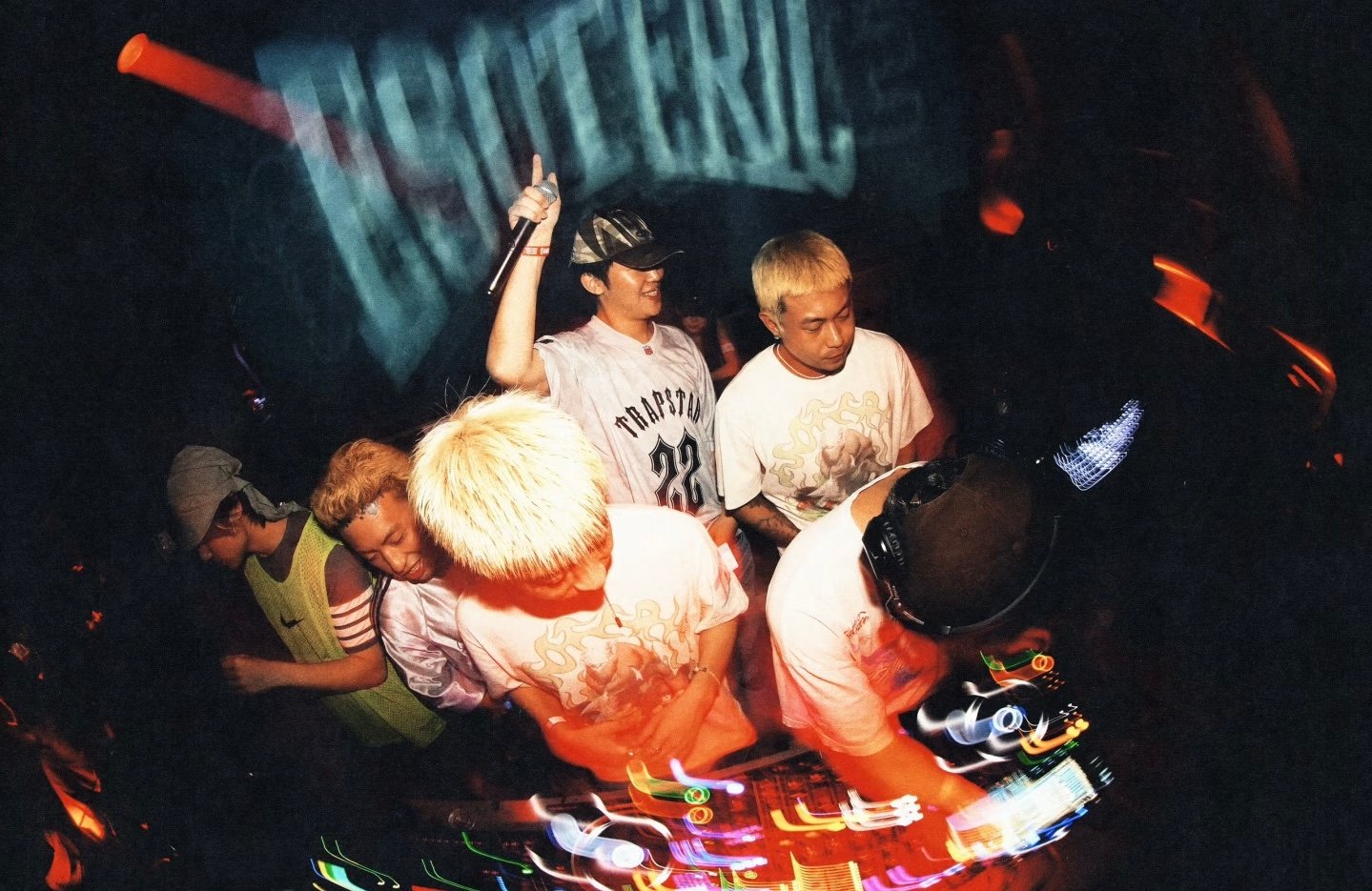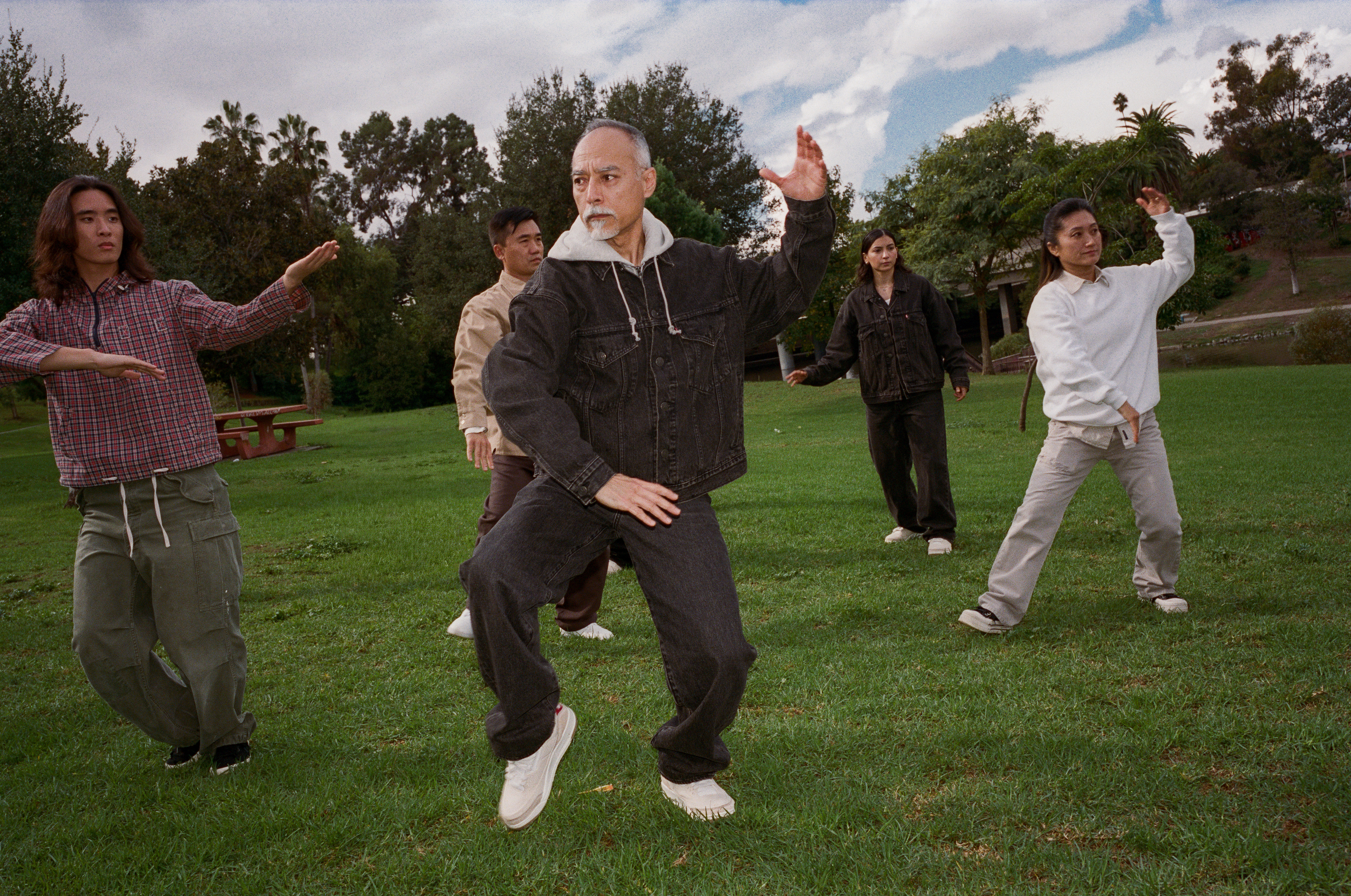The Year of the Tiger is almost upon us, with Lunar New Year’s Day falling on February 1 this year, and Italian luxury brand Gucci certainly got the memo: featuring a real tiger in the ad campaign for its new ‘Gucci Tiger’ collection.
Gucci launched the collection at the start of January to “celebrate the Year of the Tiger,” and it includes “ready-to-wear and accessories featuring the animal motif in various iterations,” according to an Instagram post from the brand.
The luxury brand also wrote on Instagram that American Humane, a third-party animal welfare organization, was present during the photo shoot to ensure “no animals were harmed.”
Gucci additionally highlighted its contribution to animal protection in the post. The company claimed that it joined The Lion’s Share Fund in February 2020, an initiative that raises “much-needed funds to protect endangered species and their natural habitats.”
Nonetheless, many still criticized Gucci for featuring real tigers in the campaign. For example, the international animal rights organization World Animal Protection tweeted on January 14, accusing the brand of treating the tiger as a commodity.
The Year of Tiger should raise awareness that these incredible animals need respect and protection, not commodification. (via @PlantBasedNews) https://t.co/Xqv6BBfT58
— World Animal Protection US (@MoveTheWorldUS) January 14, 2022
The controversy went viral on Weibo on January 19, and the hashtag ‘Gucci’s Year of the Tiger commercial uses a real tiger’ (#Gucci虎年广告用了真老虎#) had accumulated 240 million views at the time of writing.
Unlike the animal rights activists who heavily criticized Gucci’s use of the tiger, many Chinese netizens don’t seem too bothered by the brand’s commercial.
“This brand [Gucci] is very thoughtful. It is obvious that it really values the Chinese market, better than some brands that insult China,” wrote one netizen.
Another opined, “They didn’t abuse the animal. They used the Year of the Tiger campaign to appeal to Chinese consumers, and that’s understandable.”
Some netizens, however, were unimpressed.
“Say no to animal performance, period.” one posted.
“They [the tigers] belong to the grasslands, not humans. World Animal Protection was right,” another wrote.
The China Biodiversity Conservation and Green Development Foundation, a Beijing-based environmental non-governmental organization, also criticized the campaign on Facebook.
“Wildlife is not our big pet. The Anti-Animal-Performance Fund of CBCGDF strongly condemns this Gucci commercial,” said the post.
We reached out to a Gucci store in Shanghai, and a staff member confirmed that the ad is still up at the outlet and that they “had not been informed of any plans to take it down.”
The controversy highlights the fact that international brands often make significant efforts to appeal to Chinese consumers, a market that plays a crucial role in driving the luxury goods industry.
Yet, many companies have faced setbacks in attempting to represent Chinese people and culture. For example, in November last year, French luxury brand Dior was accused of pandering to Western stereotypes of Chinese people.
Cover image via Gucci

















